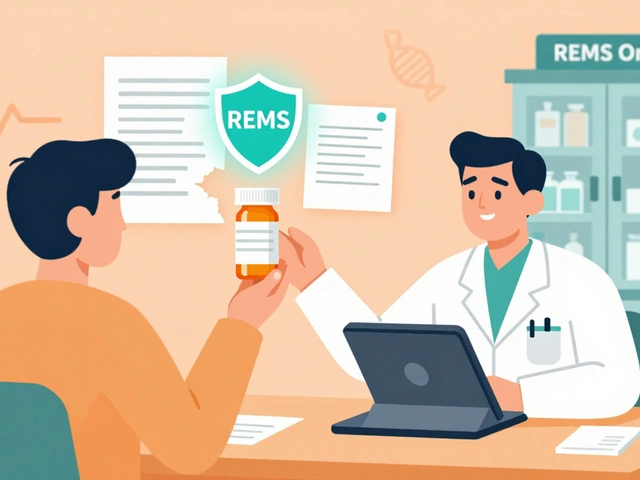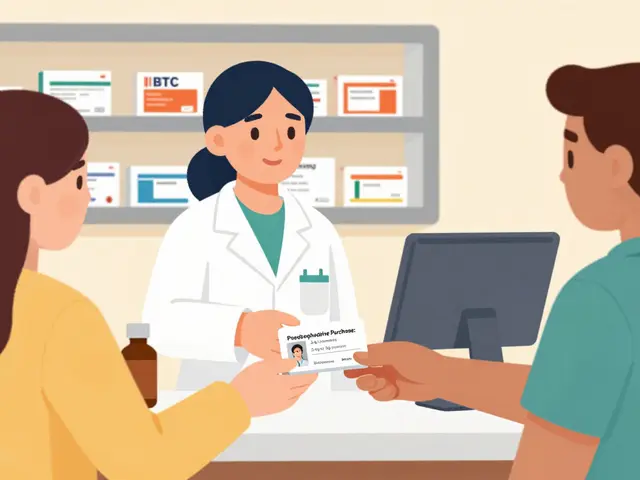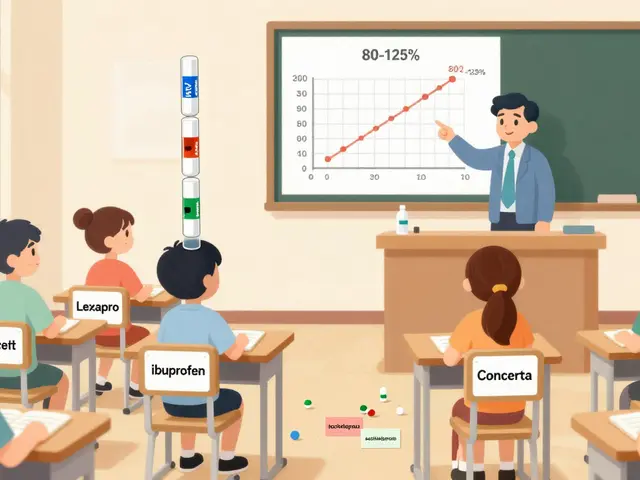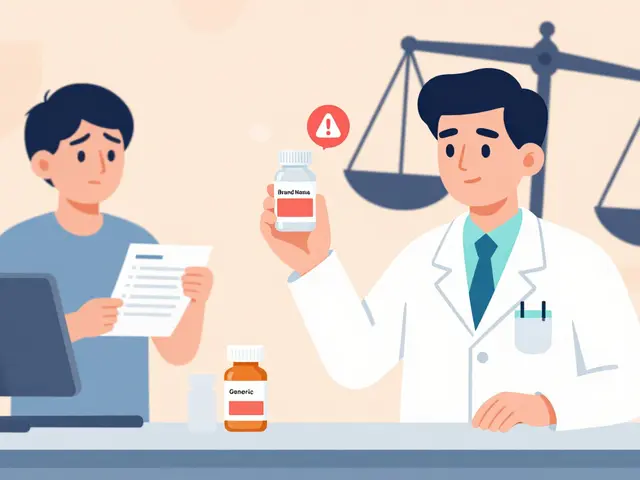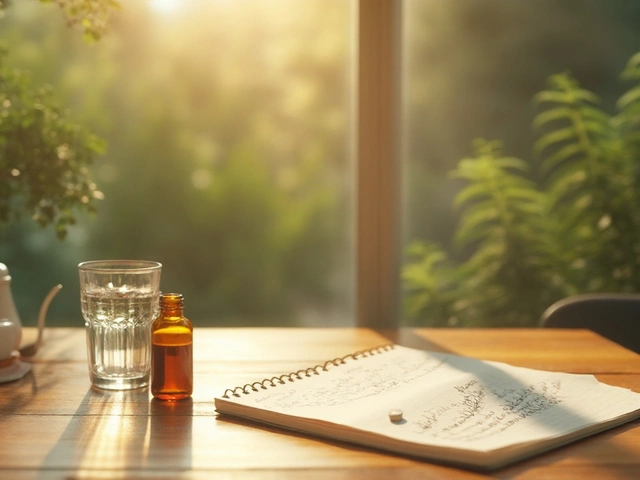GHB: What it is, the risks, and simple safety steps
GHB (gamma‑hydroxybutyrate) is a central nervous system depressant. Some people know it as a party drug; doctors use a related form called sodium oxybate to treat narcolepsy under strict prescription. That two‑sided reality—medical use vs. recreational misuse—makes it important to separate facts from myths. This page gives clear, practical points you can use right away.
Quick facts you should know
GHB can cause relaxation, drowsiness, and reduced inhibitions. At higher doses it slows breathing and can make someone lose consciousness. Mixing GHB with alcohol, benzodiazepines, or opioids raises the risk of life‑threatening breathing problems. Regular recreational use can lead to tolerance, dependence, and severe withdrawal when someone stops suddenly.
Legally, pure sodium oxybate is an approved prescription medicine in some countries for narcolepsy, but recreational GHB is illegal in many places. Because illicit GHB is unregulated, strength and purity vary a lot. That unpredictability is a major cause of overdoses.
Practical safety tips and what to do in an emergency
If you or someone else uses GHB, follow a few basic harm‑reduction steps: never mix it with alcohol or other depressants; avoid using alone; tell a sober friend what was taken and how much (if known); and keep phone access and emergency contacts ready. If someone becomes hard to wake, breathes slowly, or is unresponsive, treat it as an emergency.
Call emergency services immediately if you suspect an overdose. While waiting for help, keep the person on their side in the recovery position to reduce choking risk, check breathing, and stay with them. Do not try to make them vomit or give them stimulants. Medical teams can provide the right airway and breathing support—those interventions save lives.
Drug‑checking services and reagent kits can give basic info about what’s in a sample, but they can’t guarantee safety. If you choose to test, use a trusted local service and understand the limits of testing kits.
If GHB use has become regular, withdrawal can be intense—confusion, insomnia, tremors, anxiety, and in severe cases, hallucinations and seizures. Don’t try to quit heavy use alone. Seek medical help for supervised detox and support from addiction services or your doctor.
Want to learn more or need help now? Contact local emergency services for overdoses, call your local poison control center for immediate advice, or reach out to addiction support services for treatment options. If you have questions about the prescription form (sodium oxybate), discuss them with a licensed prescriber who can explain benefits, risks, and strict treatment rules.
Short, clear: GHB carries real risks. Avoid mixing it with other depressants, don't use alone, test if possible, and get medical help fast if things go wrong.
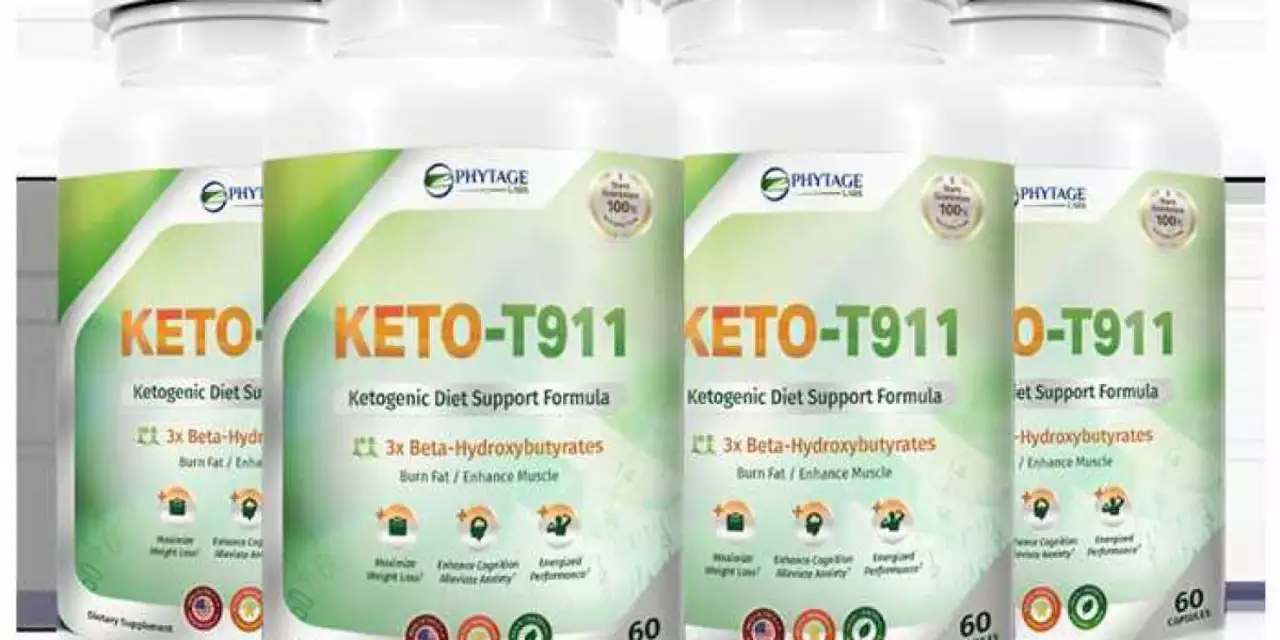
Gamma-Hydroxybutyrate (GHB): The Game-Changing Dietary Supplement You Need to Know About
As a health enthusiast, I recently stumbled upon a game-changing dietary supplement called Gamma-Hydroxybutyrate (GHB). This naturally occurring compound has been making waves in the fitness world due to its potential benefits in improving sleep quality, promoting muscle growth, and even enhancing mood. However, it's essential to be cautious when using GHB as it can also have some severe side effects and is even illegal in some countries. I'll be diving into the science behind GHB and sharing my findings with you all in my upcoming blog post. Stay tuned for a comprehensive look at this fascinating supplement and whether it's worth incorporating into your routine!
View More
